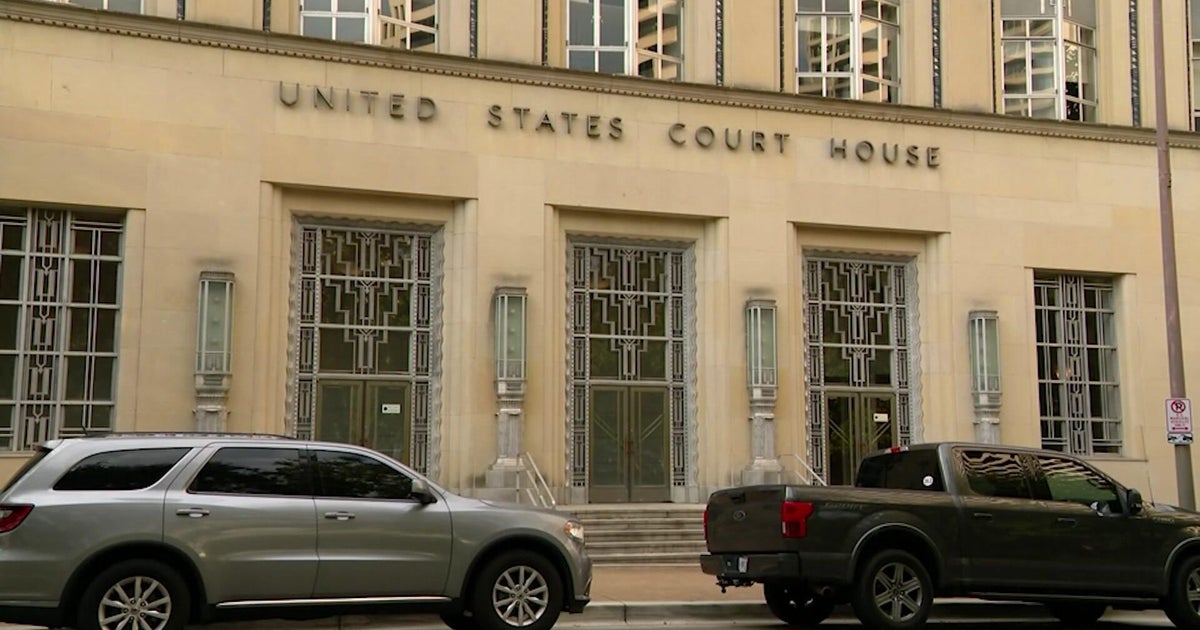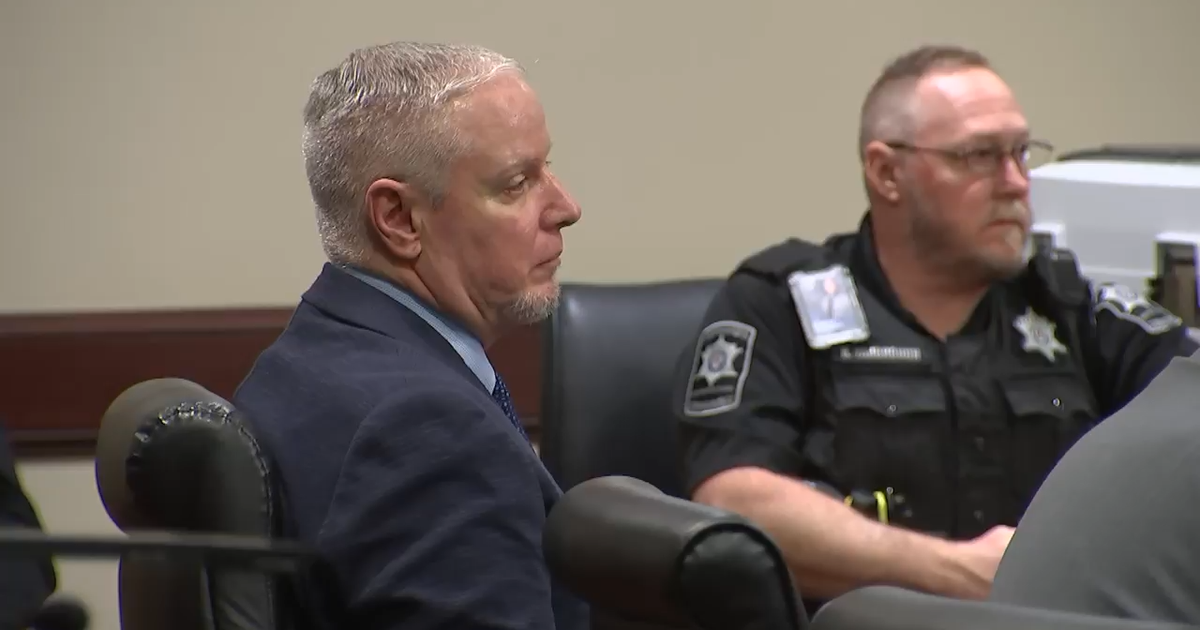A Decade Of Pentagon Struggles Bared At Manning WikiLeaks Trial
WASHINGTON (AP) -- Some of the Pentagon's most painful themes of the past decade have played out at the court-martial of Army Pfc. Bradley Manning.
At its core, the trial is about a young soldier who orchestrated the largest leak of classified documents in U.S. history, but it also dramatized some of the most confounding struggles at the Defense Department as it maneuvered through the longest period of war in the country's history. They include the Pentagon's internal conflict over gays in the military; the wisdom of counterinsurgency campaigns in Iraq and Afghanistan, which often frustrated even the highest military commanders; and the struggle to find enough troops to fight both wars at once.
"You have a number of themes -- overarching themes -- and it's rare to have all of that going on in one case," retired Army Judge Advocate Victor M. Hansen said.
"I can't think of another case like it," said Hansen, now teaching at the New England School of Law in Boston. "It's worth contemplating and thinking about."
The trial before military judge Col. Denise Lind was set to resume Friday at Fort Meade Army base outside Baltimore. Lind is expected to begin deliberating in the next couple of days over the prison sentence she'll give the former intelligence analyst for his convictions last month on charges of espionage, computer fraud and theft of the documents he leaked to anti-secrecy group WikiLeaks while serving in Iraq in 2010.
The leaks aside, here are other major issues woven into the fabric of the case:
NOT ENOUGH TROOPS
One witness, retired Sgt. 1st Class Paul Adkins, at the court-martial testified repeatedly that he remembered nothing about an important fact in the trial, having severe memory loss after a brain injury in Iraq in 2004 -- then being deployed again in 2006, 2007 and 2009 because his commanders said he was still fit for duty. Adkins said commanders had decided to send the troubled Manning to Iraq because they believed they had enough help in place to keep him functional in the war zone -- and because they needed intelligence analysts there. Adkins was eventually demoted for not reporting to superiors his concerns that Manning had serious mental health problems.
Keeping the war machine supplied with troops required extraordinary efforts by the Pentagon. Over several years, officials held nearly 200,000 troops involuntarily in the service after their recruiting contracts were up; they extended some tours of duty from the usual year to an often grueling 15 months, and they sent some back to the war zones, some as many as six times.
It was common knowledge that some were sick and not fit for duty, but were sent anyway.
"Keep in mind that it's not uncommon for people to deny, fail to disclose or actively cover up post-traumatic stress" and other problems because they want to deploy for career reasons and other reasons, retired Navy Judge Advocate Philip D. Cave said.
"If there's a theme, it's the lowering of standards ... that seemed necessary at the time," said Cave. He also noted that the military at mid-decade was using an unusual number of "waivers," for example, bringing in recruits who had arrests, health issues and other problems in order to fill out the ranks.
The defense argued Manning should never have been sent to Iraq.
DON'T ASK DON'T TELL
The Pentagon struggled over whether to do away with the law that since 1993 had prohibited gays from serving openly in the military, and it finally began dialing back the law in 2011, a year after Manning's arrest. Manning is a gay man who was eventually diagnosed with a gender identity disorder, and his emotional turmoil over the issue during the era of "don't ask don't tell" was an element of the defense.
Navy Capt. David Moulton, a forensic psychiatrist, testified that Manning was increasingly stressed by having to hide his sense that he was a woman in a man's body. That, combined with the turmoil of a recent breakup, narcissistic tendencies and youthful idealism, caused Manning to believe he could change the world by spilling classified documents he believed exposed wrongdoing, Moulton said.
The stream of testimony over the issue begged the question of whether Manning might have fared better or gotten more help had he served after repeal of the "don't ask, don't tell." Retired Army Col. Elspeth Ritchie thinks perhaps not.
"People are still quite discreet -- it's not something that someone would feel completely free to go to someone and talk about," said Ritchie, former psychiatry consultant to the Army surgeon general and now chief clinical officer at the District of Columbia's Department of Mental Health.
Straight or gay, troop hesitance to get mental health care also was a huge issue in the military over the decade, particularly with the historic rise in military suicides. Though the Pentagon put unprecedented effort and money toward addressing the mental health of the force, many troops still don't get help because they fear the stigma will ruin their careers.
COUNTERINSURGENCY CAMPAIGNS
Manning was disturbed by what he saw at war, including the civilian deaths and tactics that turned the local populations in Iraq and Afghanistan against U.S. and other foreign troops. Those are issues that frustrated other troops who served, up to the war's highest commanders.
Manning said he hoped exposing how America fought in Iraq and Afghanistan might prompt debate and reform of its counterinsurgency strategy, which created the battlefield around any corner and any village and neighborhood -- and, as Manning said, often produced resentment and lack of cooperation among the people of both nations.
Ritchie said the question of Manning's motives is interesting on various levels.
"People are obviously casting him as either the hero who felt he had to reveal -- or the villain," she said. "Whistle-blower motives are often a combination of different things" -- feeling angry, left out or "feeling `I'm going to do something and then I'm going to be a hero, "' she said.
"That's played out throughout his trial ... whether he's a hero or a villain or something a lot more complicated."
(Copyright 2013 by The Associated Press. All Rights Reserved.)







